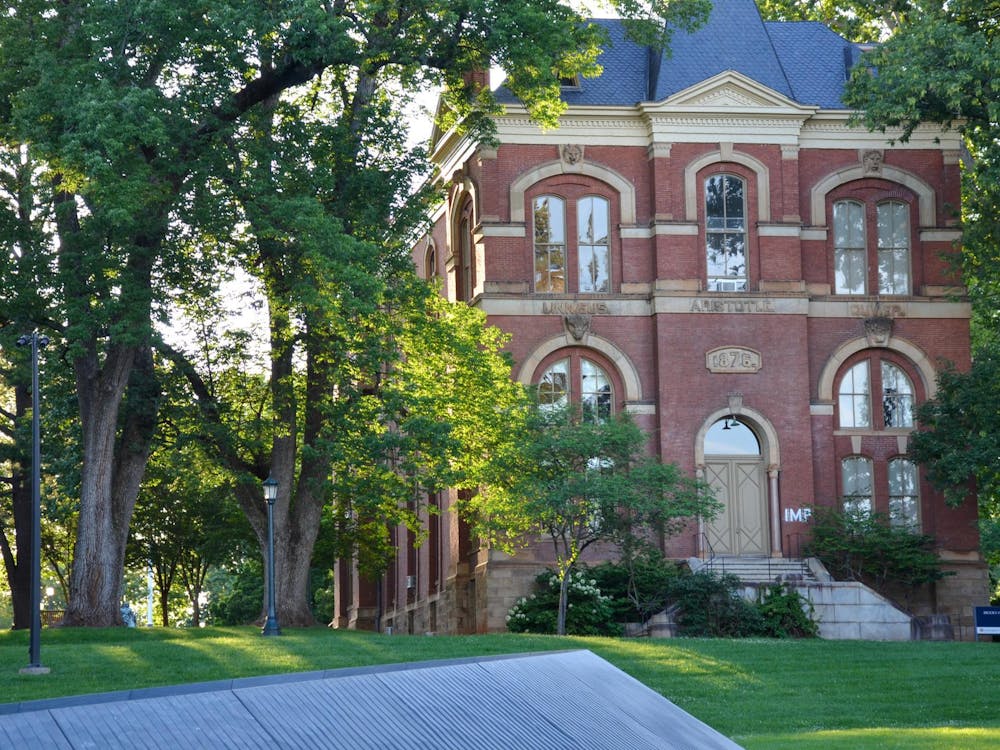Following yesterday's unanimous Supreme Court ruling, public universities across the country now are able to allocate tuition-based student fees to all university student groups, even if some of these groups may be controversial.
In 1996's Board of Regents of the University of Wisconsin v. Southward, several Wisconsin law students filed a suit over the University of Wisconsin's use of student fees to fund groups that students themselves do not endorse personally.
In particular, the law students objected to having their money given to some liberal campus groups.
But after yesterday's ruling, public universities will not be required to change their current systems of allocating student funds.
"We think that this is a real victory for free speech and for colleges nationwide," said Sharon Wisniewski, public information director for the University of Wisconsin, where elected student leaders will continue to determine which student groups will receive funds.
"Not only did [the ruling] affirm the university's current process, but it also did so with an unanimous vote," said Roger Howard, associate vice chancellor for student services, maintaining that the University of Wisconsin must continue to distribute funds on the basis of neutrality.
By using neutrality, the student officials "look at all requests that come into them on a viewpoint neutral basis," Wisniewski said, and will not use personal biases in making decisions.
In light of the ruling and the promise of viewpoint neutrality, Wisconsin officials see no reason to make concessions to students who disagree with where their fee money goes, Howard said.
Some University of Virginia officials said they agree with the Court's decision but plan to continue the system of refunding portions of the Student Activities Fee - a $39 fee part of every University student's tuition - to those who disagree with the fee's allocation.
Most students who request partial fee refunds have contentions over funding speakers with political or religious affiliations with which they do not sympathize.
"That is where most of the objections have been," said Student Activities Business Manager William Hancher.
Student Council's Appropriations Committee is responsible for allocating the funds raised from the SAF. Students may apply for a 25-percent refund if they feel their money has been given to the wrong groups.
Although the University provides the refund opportunity, few students apply.
"Overall, the number of students who request refunds [is] negligible," said John Finley, Student Council chief financial officer.






